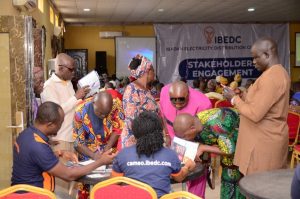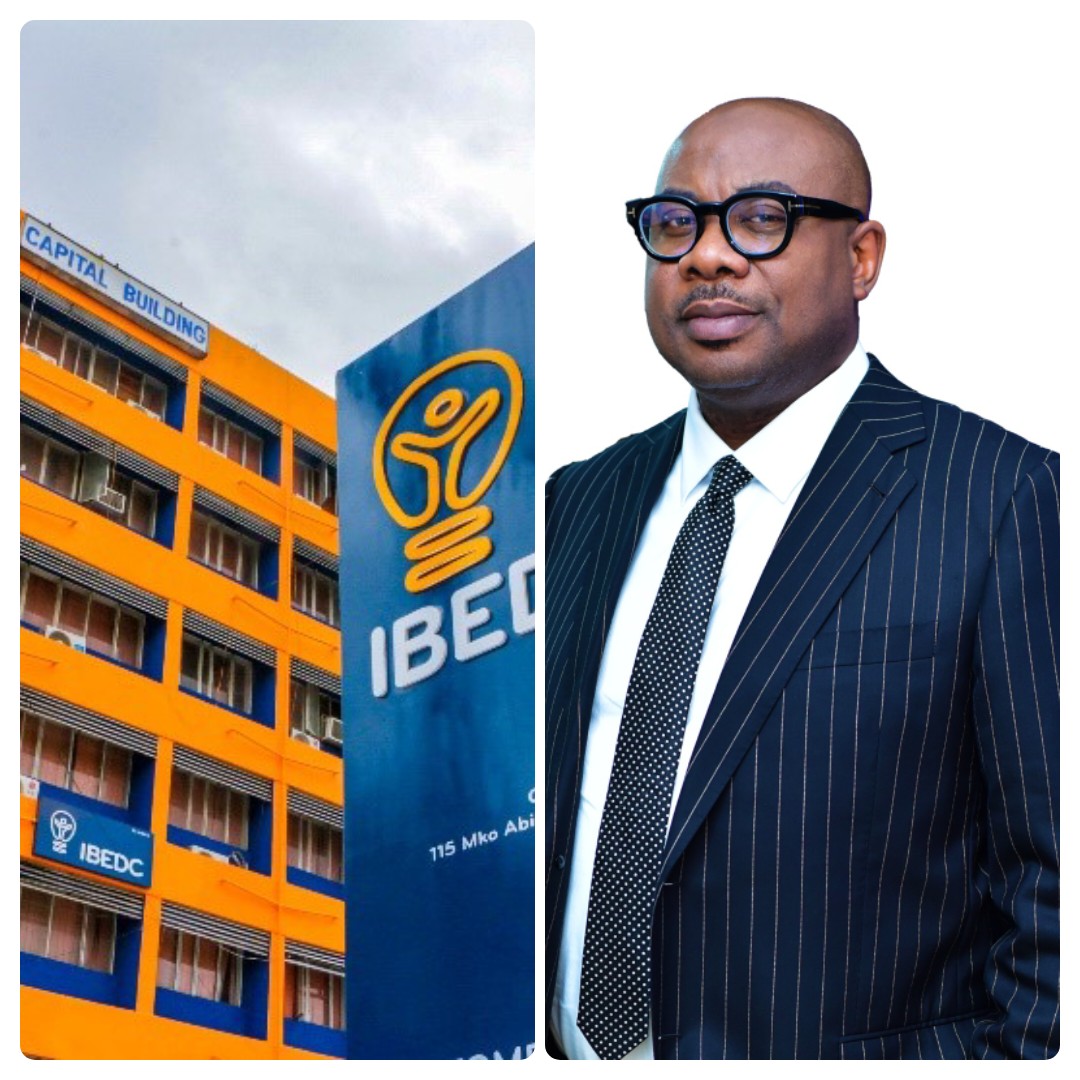
In a sector long defined by systemic inefficiencies and public frustration, the Ibadan Electricity Distribution Company (IBEDC) Plc has emerged as a rare story of resilience, reform, and renewal. Once plagued by legacy failures and financial hemorrhaging, the company is now being celebrated as Nigeria’s most improved electricity distribution company—a transformation that insiders say is nothing short of revolutionary.
Serving Oyo, Ogun, Osun, Kwara, and parts of Niger, Ekiti, and Kogi States, IBEDC is the largest electricity distribution company in Nigeria by coverage. But size was never enough. For years, it battled a litany of challenges—aging infrastructure, unpaid debts, energy theft, billing opacity, and customer dissatisfaction.
That narrative, however, is rapidly changing.
The Turnaround That Began with a Crisis
When IBEDC was formed in November 2013 after the privatization of the Power Holding Company of Nigeria (PHCN), it inherited a deeply broken system.
“The legacy we took over was one of chaos—broken meters, inconsistent tariffs, and a complete disconnect between service delivery and customer expectations,” recalled Engr. Francis Agoha, who was appointed Managing Director/CEO of IBEDC on May 31, 2024.
But change began in earnest in July 2022 when a new board and management team were appointed. “By the time I took over, some progress had been made, but the task ahead was daunting. Our mission was to deepen the gains, institutionalize reform, and deliver visible value to stakeholders,” Agoha explained.
From ₦62.89 Billion Loss to ₦8.9 Billion Profit
The numbers tell a compelling story. In 2021, IBEDC reported a staggering after-tax loss of ₦62.89 billion. By 2022, that had dropped dramatically to ₦17.90 billion. Under the audit supervision of Ernst & Young, 2023 marked a historic milestone—IBEDC posted an after-tax profit of ₦8.9 billion, while its total assets grew to ₦685 billion.
“It’s a story of discipline, not magic,” said one senior finance officer. “We restructured our processes, plugged revenue leakages, and prioritized financial hygiene.”
This fiscal turnaround was anchored by IBEDC’s landmark achievement: 100% market remittance to the Nigerian Bulk Electricity Trading (NBET) Plc and other market players since November 2024—a feat almost unheard of in Nigeria’s power sector.
Revenue Collection Breaks Records
Monthly revenue collections have more than doubled. From an average of ₦10 billion, IBEDC now consistently crosses the ₦20 billion mark, setting a new record of ₦22.028 billion in February 2025.
According to Engr. Agoha, “It’s not just about collecting money; it’s about collecting trust. We are building a culture of accountability and transparency that encourages customers to pay for value.”
Digitizing Customer Experience
IBEDC’s transformation also includes a digital revolution in customer service. The launch of platforms like i-Recharge and IBEDCPay—a proprietary mobile app with biometric login and real-time dashboards—has significantly improved customer engagement.
Through WhatsApp, radio shows, TV programs, and field outreach, the company now resolves over 3,000 customer issues monthly across its 18,000 communities, in line with NERC’s mandate.
“These platforms were not cosmetic—they are functional and far-reaching,” said Mrs. Yetunde Adebayo, a resident of Ilorin. “Before now, I could spend hours at the IBEDC office. Now, I make payments and lodge complaints from my phone.”
Tackling Metering, One Household at a Time
With over two million customers and only 43% metering coverage as of 2024, metering remains a critical frontier.
So far:
104,000+ meters were installed under NMMP Phase 0
69,000 meters deployed in 2024 alone
IBEDC was ranked #1 in meter installations in Q2 2024
In 2025, launched the Presidential Metering Initiative’s MAF, targeting 240,000 meters per year
“Our ambition is to achieve over 60% metering by the end of 2025. We’re not just aiming for numbers; we’re aiming for fairness and accuracy in billing,” Agoha emphasized.
Fighting Energy Theft with Technology and Enforcement
Energy theft—long the bane of DisCos—has been tackled aggressively. Between January and October 2024, IBEDC documented over 8,000 cases of meter bypass and illegal reconnections.
In response, the company:
Strengthened its Revenue Protection Team
Partnered with SIPTEO for legal prosecutions
Deployed Advanced Metering Infrastructure (AMI) for real-time monitoring and remote disconnection
The results? IBEDC achieved an ATC&C loss rate of 24.30% in October 2024, ranking 3rd best nationwide.
Infrastructure: Expanding Power and Reliability
The company has also invested heavily in physical infrastructure:
Commissioned five new feeders in Q1 2025
Added 91 transformers (totaling 34.45 MVA)
Upgraded Band B–E customers to Band A (20–24-hour supply) in 126 clusters
Reconnected major customers like Mountain of Fire Ministries
Signed a 30MW PPA with Bresson and Magboro Power Co.
“This is not rhetoric—it’s power you can feel,” said Mr. Sola Jimoh, a manufacturing plant owner in Magboro. “We now get round-the-clock power. That’s revolutionary for our business.”
Putting People First
In 2023, IBEDC implemented:
A 25% staff salary increase
Promotion of 1,327 employees following performance appraisal
Creation of an Internal Staff Faculty for continuous learning
Wellness initiatives including sports, clinics, and mental health support
“We recognized that our people are the drivers of this change,” Agoha said. “Motivated employees deliver better service—and our customers can see the difference.”
The Road Ahead
IBEDC’s transformation has not gone unnoticed. Analysts, regulators, and industry observers now cite the company as a model for sector-wide reform.
“IBEDC has demonstrated that a DisCo can be financially viable, technologically smart, and customer-focused all at once,” said Dr. Ngozi Oparah, an energy policy analyst. “What they’ve achieved is what we should expect across the board.”
As Nigeria continues its push toward decentralization and power sector reform, Engr. Francis Agoha and his team at IBEDC appear determined to not just follow the tide, but lead it.
“We are not perfect,” he concedes. “But we are deliberate, transparent, and accountable. We’re building a power company that works—for our customers, our people, and Nigeria’s future.”

